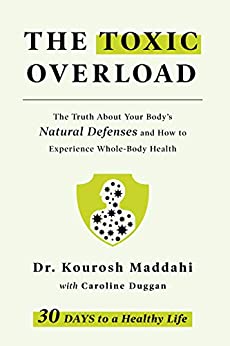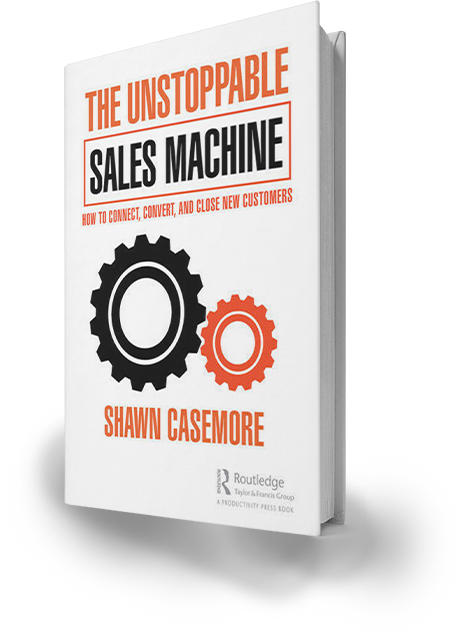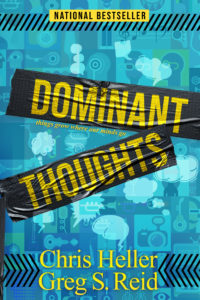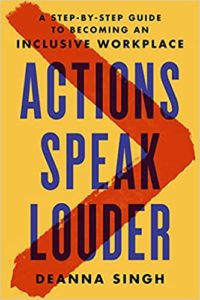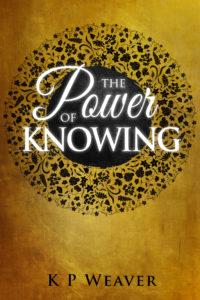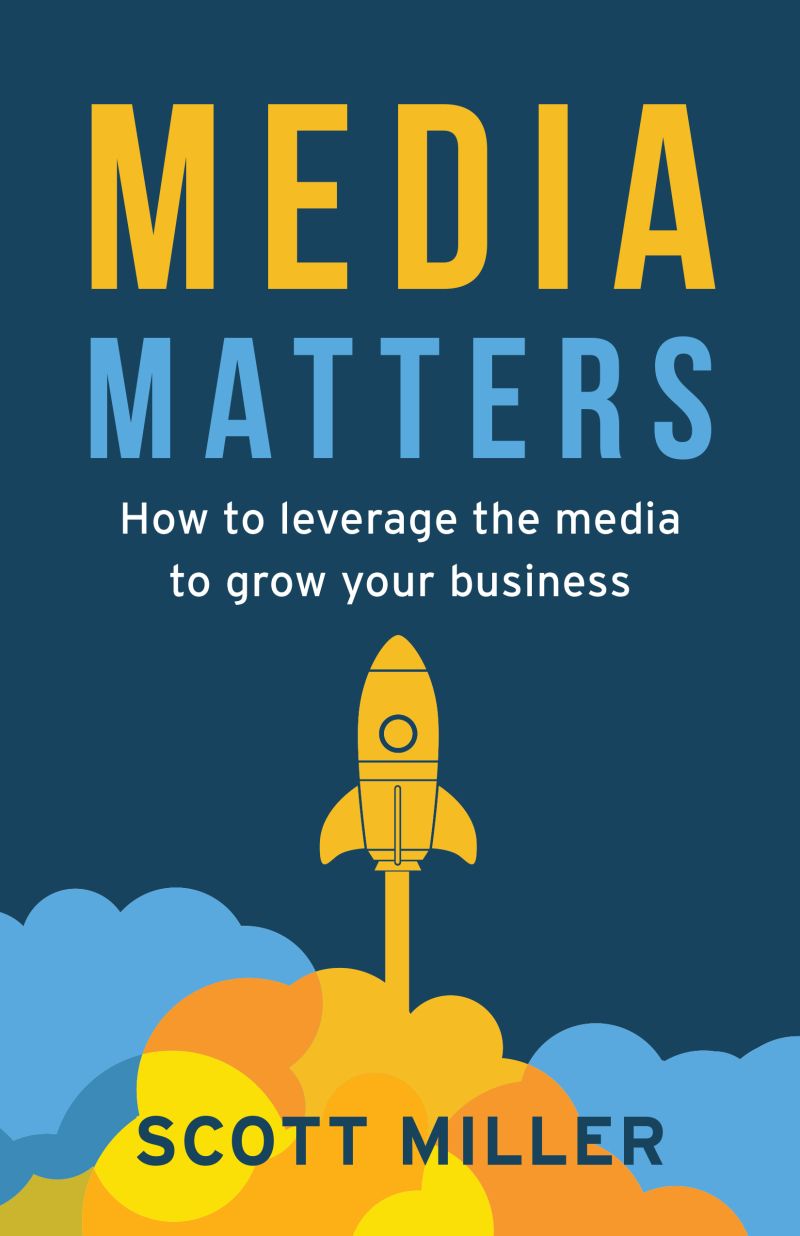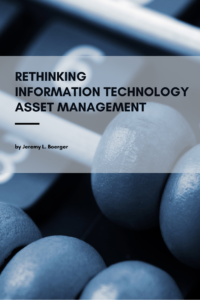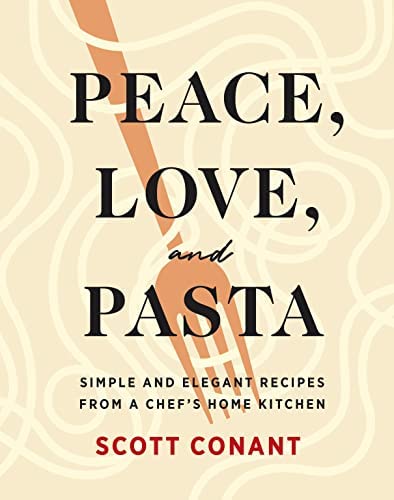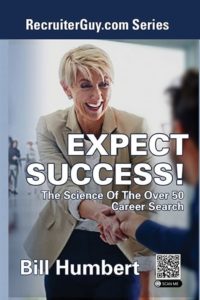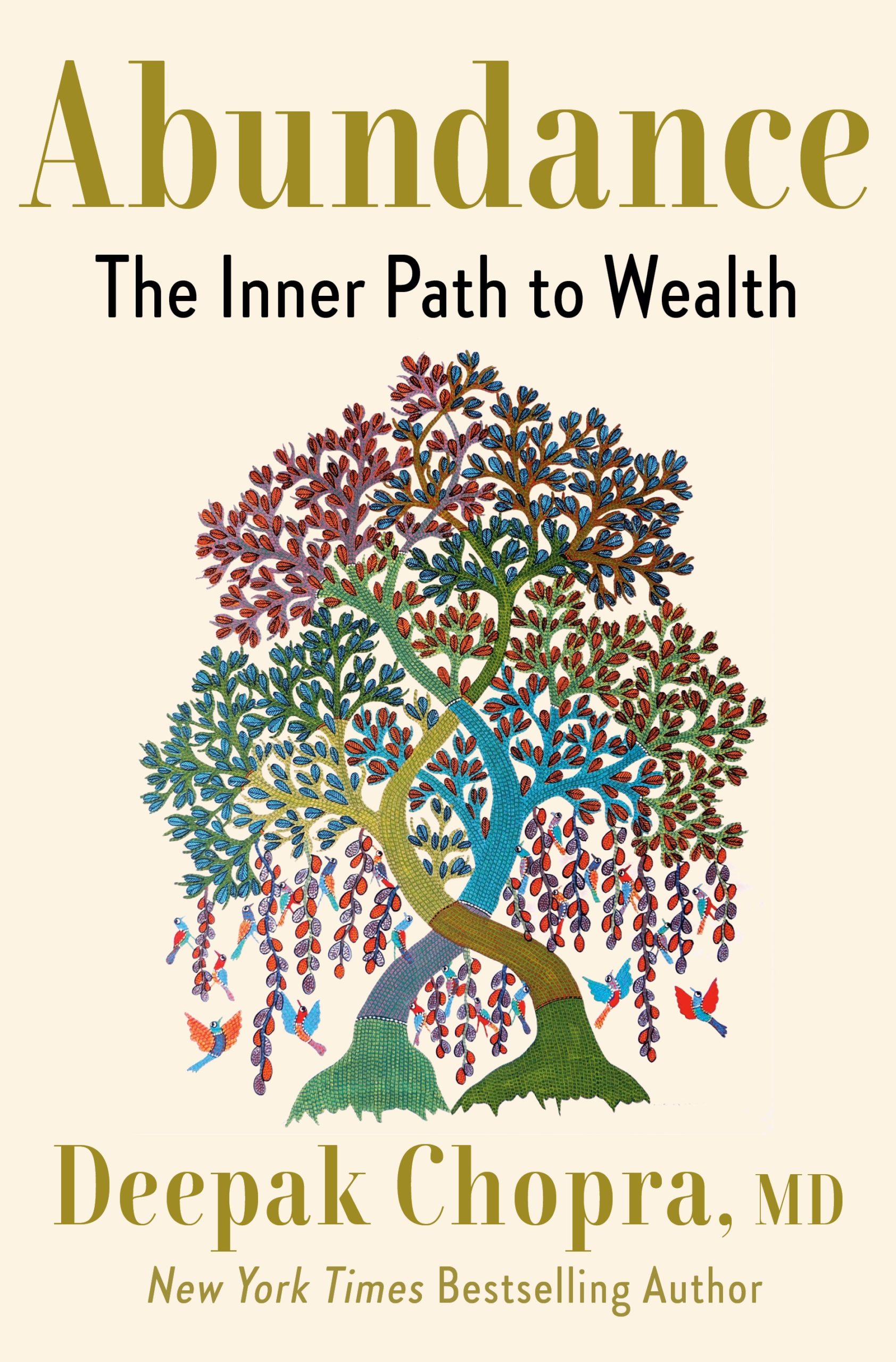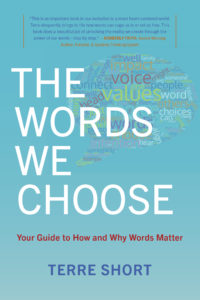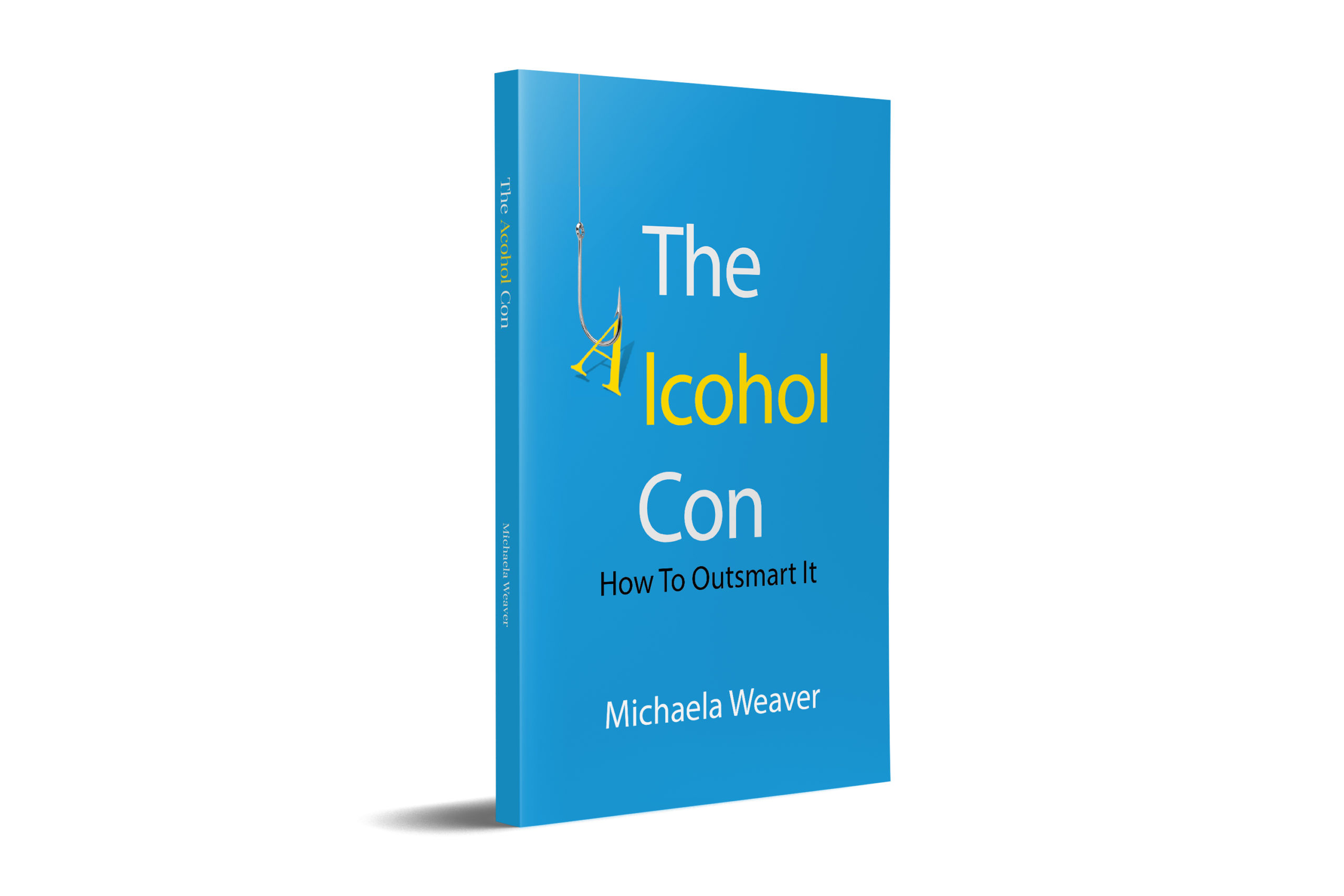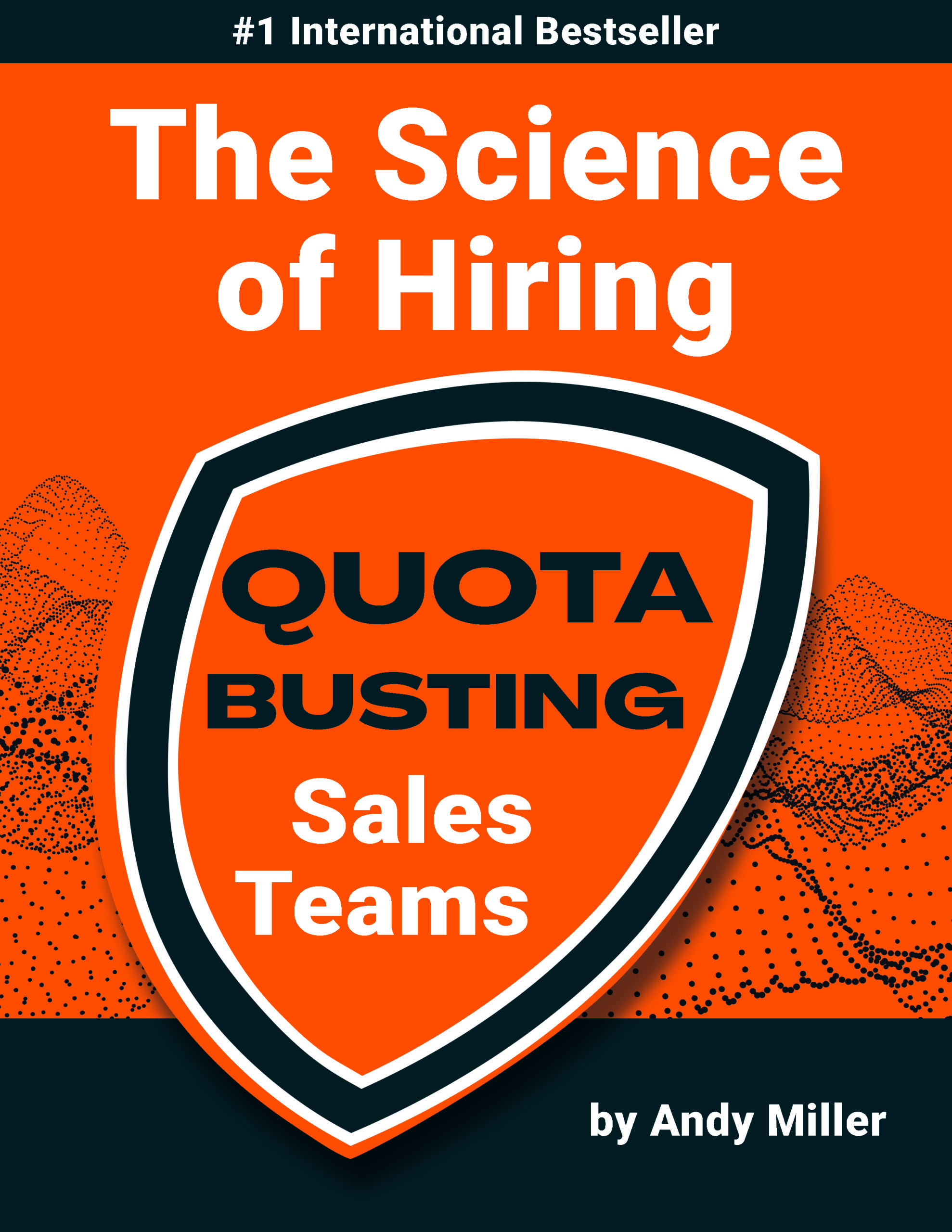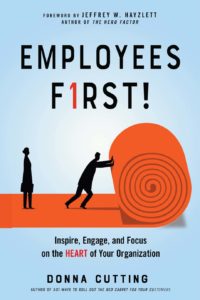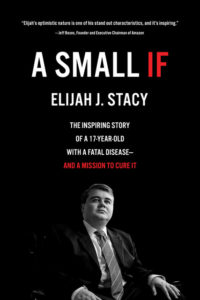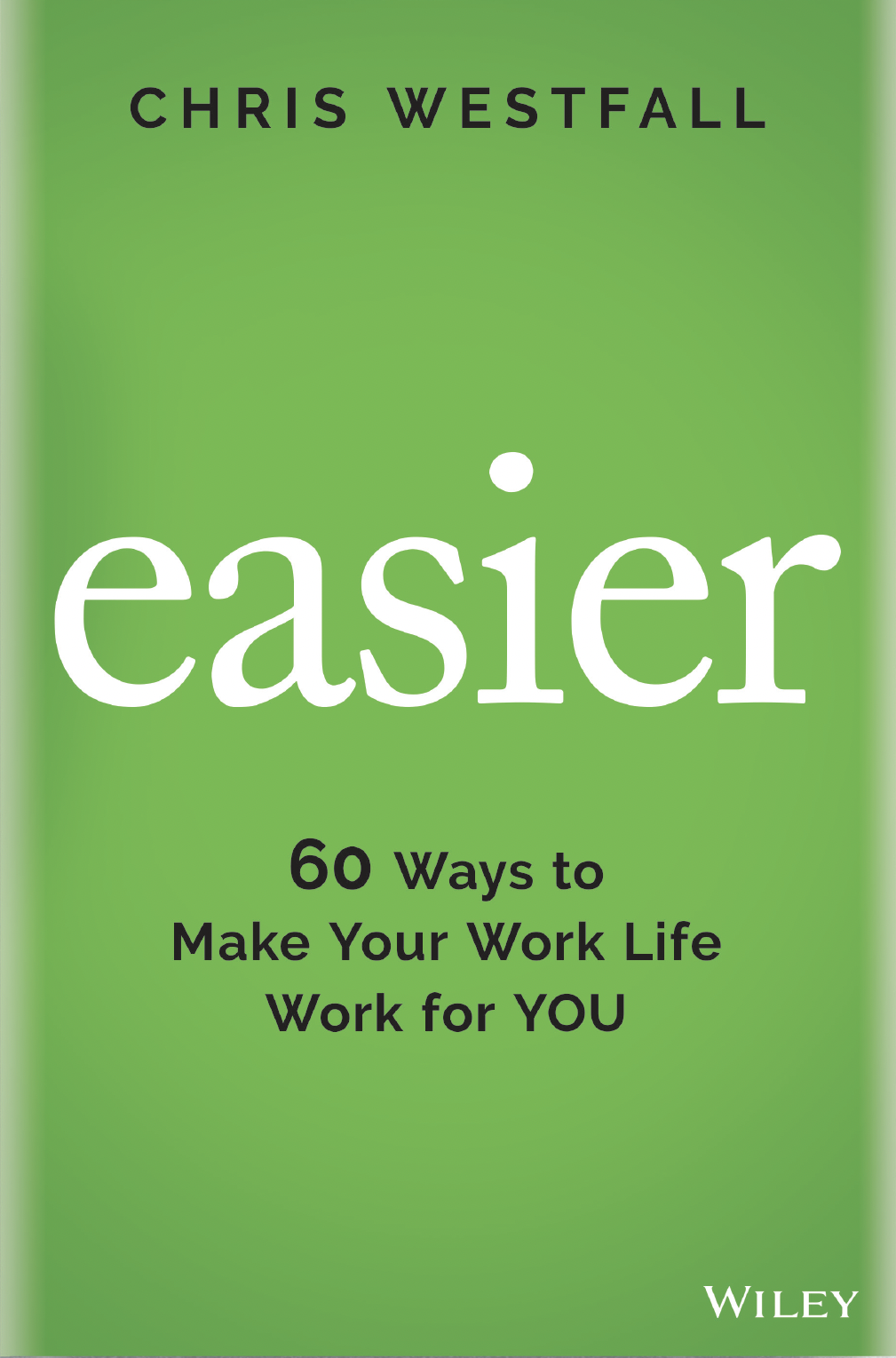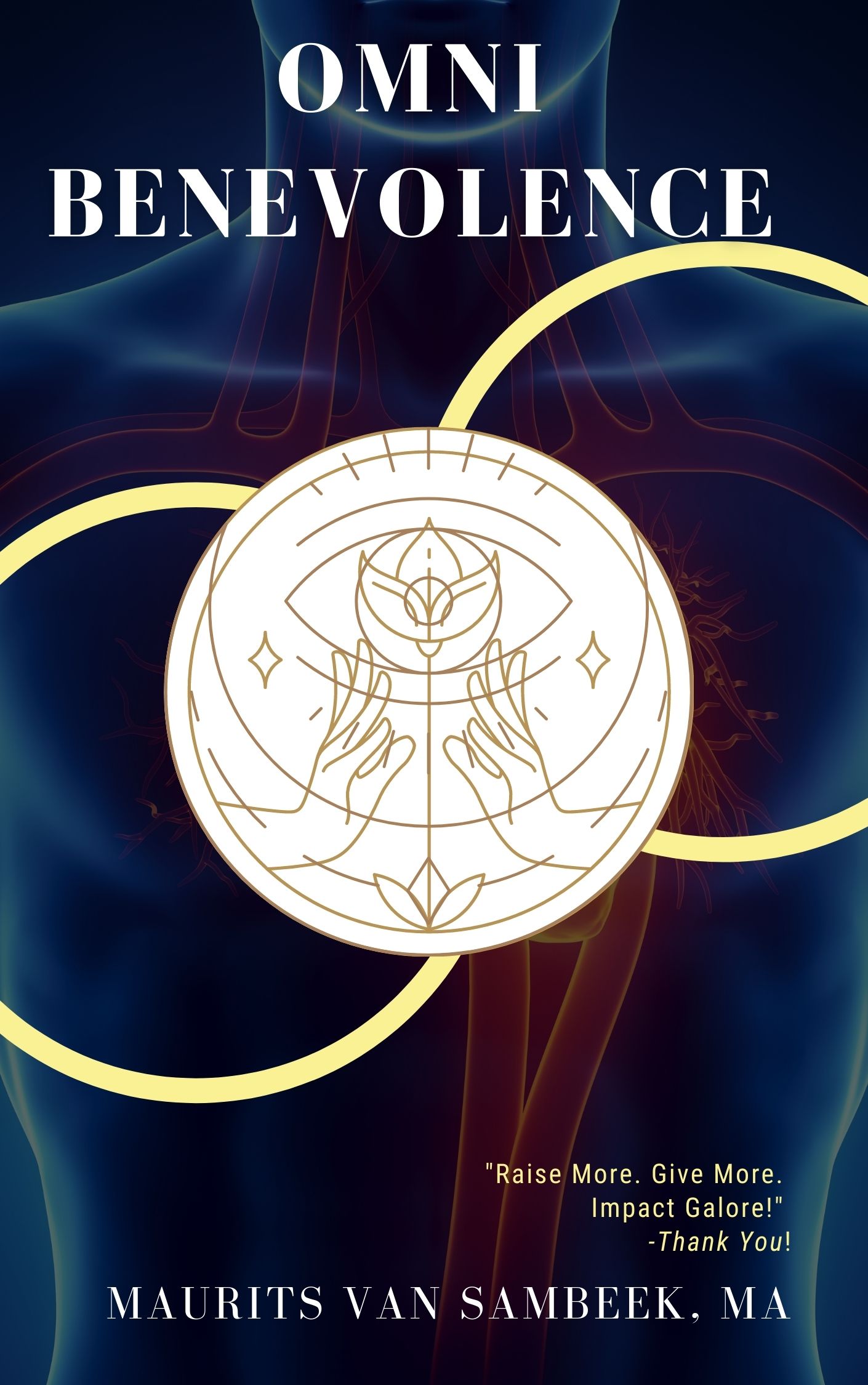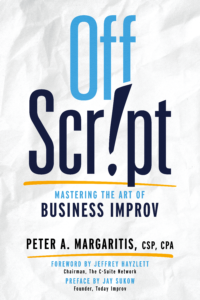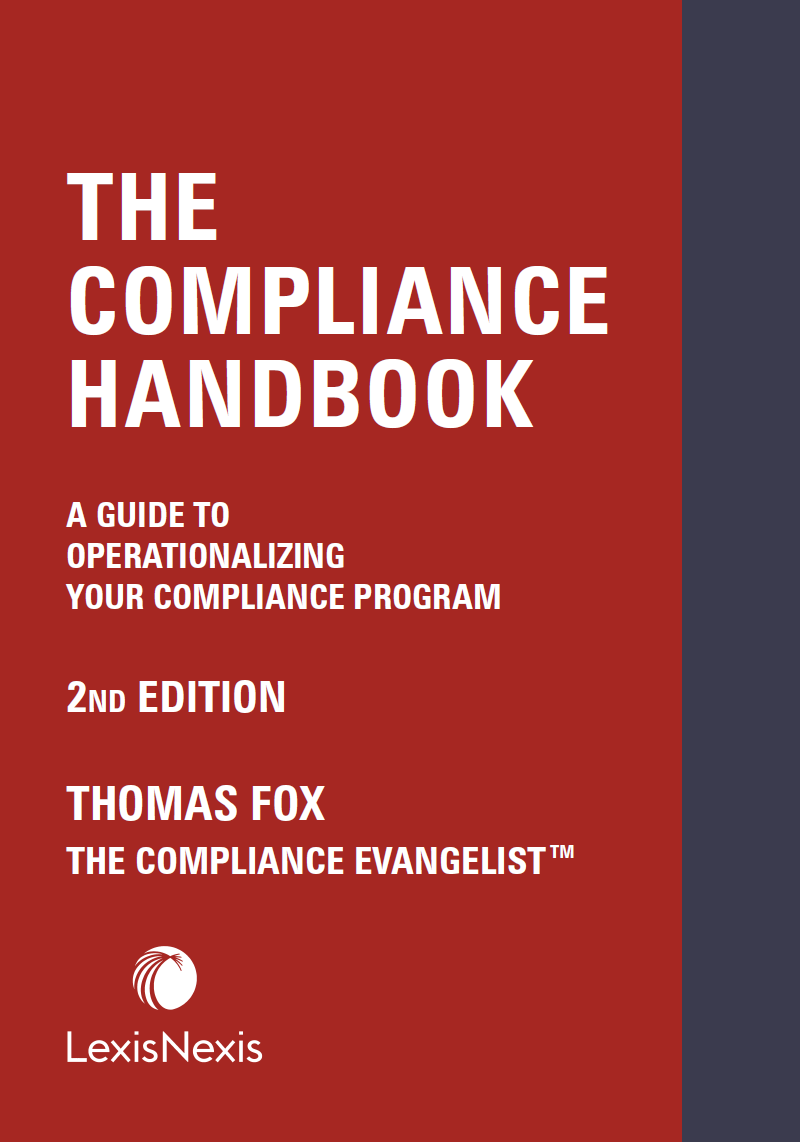The Experiment
R. Michael Anderson
Stressed? Overwhelmed? Burned Out?
Learn transformational life skills in this exciting new modern business fable by acclaimed expert R. Michael Anderson.
More than just a story, The Experiment: Discover a Revolutionary Way to Manage Stress and Achieve Work-Life Balance is a window into a new way of living. Follow Dennis as he overcomes career burnout, personal issues, and hopelessness with the help of his coach.
Hear what goes on in the coaching sessions, read Dennis’ notes—which double as exercises you can use to transform yourself—and master the absolute easiest way to make changes in your own life.
Not sure about this book? Go ahead. Give it a try. Call it your Experiment…
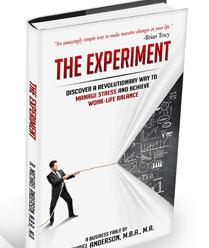
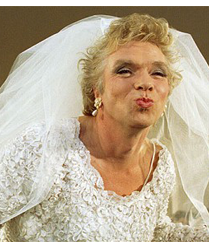
Richard Branson is one cool dude. He’s done some incredible stuff in his life. Virgin Airlines. Virgin Music. Virgin Mobile. Some of the most successful companies in the world.
He’s also had some crazy, massive failures.
Have you ever heard of Virgin Cola? Their bottles were called “The Pammy” because they were shaped like Pamela Anderson.
Really, Richard? You’re the same guy that started Virgin Airlines?
How about the bridal-wear company, Virgin Brides? Yikes. (Yes, that’s him in the picture, dressed up as a bride.)
It’s easy to laugh when he swings and misses—but we still all know he’s the man. Why? Because he doesn’t let failure stop him from going all-in the next time around. And the next time. And the time after that.
How can you get the same go-for-it attitude that he has? It’s simple.
The next time you want to make a change in your life—want to start something new—you Experiment.
Why Experiment?
Think about it. We procrastinate because we don’t want to mess up. We’re afraid of not being perfect.
(Want to know the psychological reasons why you procrastinate? Watch the video here)
You see, the purpose of an Experiment is to learn. There’s only one way you can fail in conducting an Experiment, and that’s to not conduct it.
I don’t know about you, but I learn best by doing. There’s no substitute for experience. An Experiment is a way to learn experientially—without the pressure and fear of failing.
When someone wants to learn how to fly, the first thing he does is read about it. Then he Experiments in a flight simulator. Then he Experiments by flying with someone else. And only then is he ready to go solo.
All too often when we want to try something big we make a plan, tell everyone about it, research it – but then never take the first step towards accomplishing it. That’s because large, audacious goals freak the brain out, paralyzing it right when it’s time to move into action.
For example, if you decide you want to run your first marathon, you might have to deal with that paralyzing fear. Do I have the right shoes? Do I run before or after work? Am I ready to commit to running five times a week for the next fifteen weeks?
The truth is, you don’t have to answer all of these questions right away.
Instead, ask yourself: how can I break that change down into the smallest Experiments possible to prepare myself for accomplishing my goal of running a marathon?
Then perform an Experiment twice that week. For example, run once, for fifteen minutes before work, and run again for fifteen minutes after work. See which one best fits into your schedule. See if you need better shoes.
Is it easier to commit to running almost every day for the next four months—or just twice over the next week?
Once you’ve answered your initial question about when to run, take a look at the next step you want to accomplish, and set up an Experiment around that.
Now take a look at the next project you’d like to accomplish. Is it a book? Starting a business? Getting healthy? Ask yourself: What is the tiniest step I can take—the tiniest Experiment I can conduct—on that project? Do that step. Then evaluate: what worked? What didn’t? And what’s your next step from there?
This concept works so well that I’ve written a whole book about it, The Experiment, which has become a #1 bestseller in both “Creativity” and “Business Leadership Training” categories. It is a modern business fable in which a business owner—someone who wants to make big changes in his personal and work life—meets a coach who walks him through these changes using a variety of Experiments.
What do you think Richard Branson’s next Experiment will be? Virgin Butter? Virgin Flypaper?
It doesn’t really matter, because he’s still the coolest guy in the world. And he’s going to keep Experimenting until he dies. What’s more, his Experiments change the world.
Will yours?
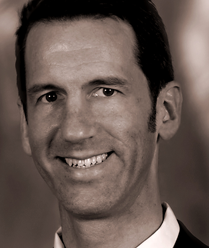
Michael Anderson, M.B.A., M.A., is founder of The Executive JOY Institute, which develops authentic happiness in leaders. Michael teaches through speaking, facilitation, writing, and online courses. His background includes starting three international software companies, playing professional basketball, and earning a Master’s Degree in Spiritual Psychology. He mixes his education with his real-life experiences to teach powerful tools that transform and elevate. Find out more about his work at www.executivejoy.com Because what is Success without Happiness?




